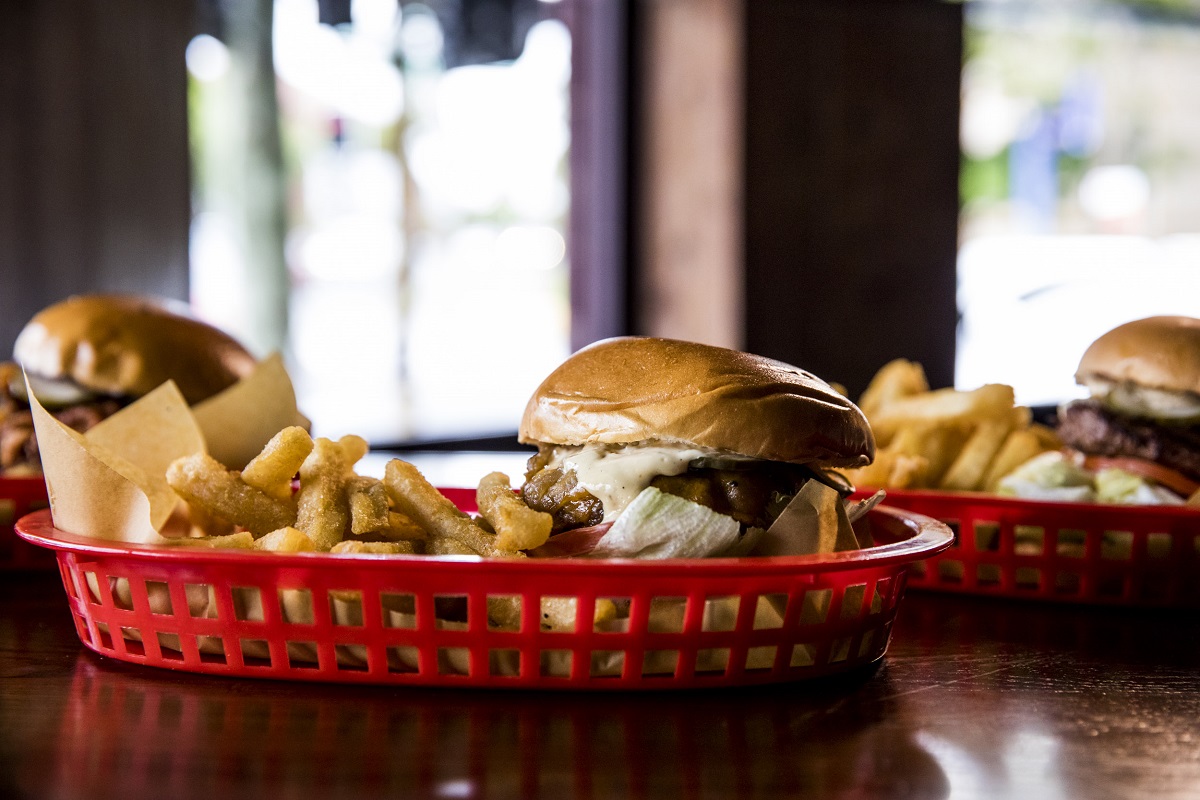In the wine cabinet (such as it is) of my family home there are dozens of single bottles bought and saved as souvenirs from trips my parents took together; whites from the Hunter Valley, shiraz from the Adelaide Hills, chardonnay from Orange. Wines tasted at cellar doors and loved.
But once these wines were back home, the wine didn’t taste the way it did at the vineyard; it wasn’t as good as they remembered.
This phenomena is what University of London professor Barry Smith dubs the Provençal rosé paradox.
“One of the great pleasures in life is sitting on the Côte d’Azur, staring at a shimmering sea, while eating fruits de mer and sipping a delicate rosé from a perfectly chilled bottle,” he writes. “In moments like these the experience of wine can reach fabulous heights. So why is drinking a bottle of the same wine at home on a cold, grey evening disappointing?”
The reason why is that there’s more that goes into the taste of wine or cocktails or anything, really, than just the liquid in the glass. It’s why when I have made the H.S.L Special, a delicious cocktail from Hayden Lambert at Melbourne’s Above Board, using his recipe and to the best of my ability, it’s never as good as when I’ve had it in the bar.
(Though a large chunk of this is to blame on my decaying bartending technique.)
It is also partly why, in lockdown, we miss being in bars so much. Sure you can drink at home — many bars will deliver their cocktails to your door — but it doesn’t taste quite the same, does it? It’s the next best thing; not the real thing.
I’ve written before that anyone at home can open a bottle and pour a shot, but it takes a bartender to make it special.
That’s because there’s a lot more than just the drinks happening when you happen into a bar.
Remember what bars were like? Before the pandemic and QR code menus and checking in, and those squat plastic pumps of sanitiser littering the bar top? Back when there were no masks and you could see the bartender smile?
I miss the sound: the hubbub of a room packed full of people, tins rattling ice, the clinking of glasses, the clang of bottles in the well, the din of dozens of loud conversations getting louder; the frisson in the air and the feeling that something, anything, might happen right now.
It’s this feeling that organisational psychologist and writer Adam Grant wrote about in The New York Times last week.
“We find our greatest bliss in moments of collective effervescence,” he writes. “It’s a concept coined in the early 20th century by the pioneering sociologist Émile Durkheim to describe the sense of energy and harmony people feel when they come together in a group around a shared purpose. Collective effervescence is the synchrony you feel when you slide into rhythm with strangers on a dance floor, colleagues in a brainstorming session, cousins at a religious service or teammates on a soccer field. And during this pandemic, it’s been largely absent from our lives.”
It’s also why I’ve long thought that once this pandemic is under control — and I really thought we’d be getting on top of it by now, not in the midst of another lockdown — that things largely will go back to the way things were; people exchanging bodily fluids with others, leaving their grubby, human handprints on windows and walls and bars and each other.
But we’re not there yet. Instead we’re intermittently in lockdown, running down the wines we have at home that don’t taste as good as when we first bought them.
There are, though, reasons to be hopeful. Grant also writes that when people “pursue happiness individually, they may actually become lonelier. But in cultures where they pursue happiness socially — through connecting, caring and contributing — people appear to be more likely to gain well-being.”
When Sydney went into lockdown again, some of those caring habits of the first lockdown came back; bars like Door Knock and Burrow Bar have again put together packs of free meals for hospitality workers — most of whom are casual workers — with help from their suppliers. Trivia nights and games of monopoly over Zoom among friends, messages in group chats kicking about and checking in on mates. Cocktail delivery operations swinging into action across the city with punters picking up their Friday 5pm drinks at home.
Is it just like being in the bar with your mates? No it’s not. But it is the next best thing. And we do have this to look forward to: the elation, the laughs, the touch, when we’re all back in the world together again.
You know the drinks will taste great.
Further reading.














